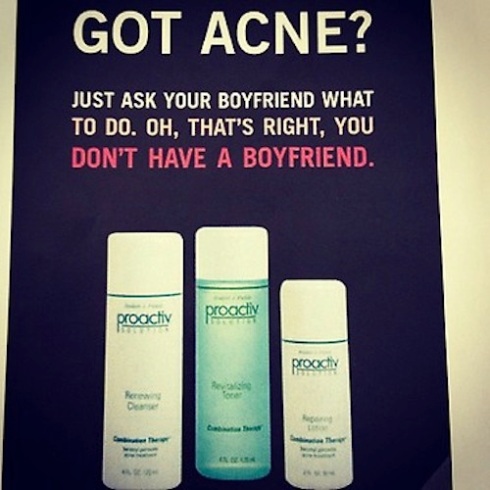After reading several of my classmate’s blogs I have found that the majority of people agree that satirical news reports are in fact a form of mainstream culture jamming. They also happen to agree that these kinds of reports have a positive effect on the public sphere because people are gaining both a sense of knowledge and entertainment.
In Tiziana’s blog she states “They enable individuals to reflect on multiple sides of a problem, rather than to accept dominant ideologies provided by governments and powerful individuals”. By saying this, she explains the tactics used by satirical news shows in order to entertain their viewers. I agree with Tiziana here because it’s true that these kinds of shows take a situation presented to us by the media, and add their own spin to it to make it unique. They are able to alter the news in such a way that gets the viewer thinking and seeing the situation in a different light. This is why shows like these are successful and good for the public because rather than just state the plain hard facts, they allow us to see it from an alternate perspective.
Alana says “The information that they feed to the public sphere may or may not be completely accurate, but it definitely informs the public of what is going on in the world and can therefore be considered useful.” Although she does not always deem spoofs to be reliable, she does however make a point that these shows are still informative therefore making them useful. I agree with Alana in the sense that I am skeptical when watching parodies though I keep an open mind because there is always some truth behind every story. Evidently, all satirical news shows base their information on true stories yet at the same time adding a twist of their own for entertainment purposes.
In Haley’s blog she says “Today, many are not as interested in watching the news or reading a newspaper, but through communication from others many will give their attention to something that will interest them or make them laugh.” I feel that she makes a good point here by stating that a lot of people lack interest in the harsh reality the news has to offer and would rather partake in something that provides entertainment. I personally agree with this idea because I myself get bored of the news rather easily. I find that shows with some sort of parody make it easier for people like me to retain information about current events and public issues.
In conclusion, I agree with most of my peers when I say that satirical news reportage is for the most part reliable and definitely useful in regards to the public sphere.
http://itsalanalutz.wordpress.com/
http://tizid1995.wordpress.com/
